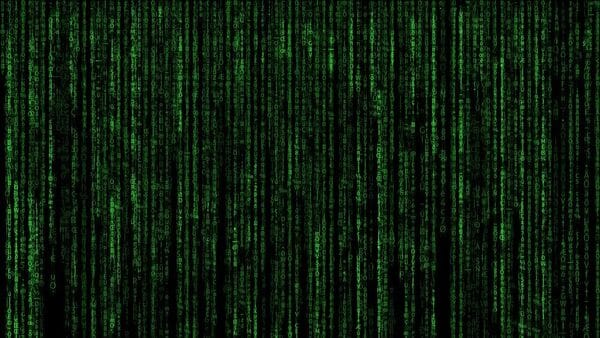Mathematical Proof Shows We Don’t Live in a Simulation
Groundbreaking research from the University of British Columbia has mathematically disproven the simulation hypothesis, demonstrating that our universe cannot be a computer simulation due to fundamental mathematical limitations.
Key Takeaways
- Mathematical proof shows universe cannot be simulated
- Gödel’s Incompleteness Theorem provides key evidence
- Reality requires non-algorithmic understanding
- Study makes simulation hypothesis scientifically testable
The Simulation Hypothesis Debunked
The popular theory that our reality is a sophisticated computer simulation—championed by figures like Elon Musk and Neil deGrasse Tyson—has been mathematically disproven. Researchers at UBC Okanagan have demonstrated that the universe’s fundamental structure cannot be replicated by any algorithm, no matter how advanced.
What is the Simulation Theory?
While popularized by films like The Matrix, the concept dates back to Plato’s Allegory of the Cave. Modern proponents including Oxford philosopher Nick Bostrom and Elon Musk have argued that advanced civilizations could create simulated universes indistinguishable from reality.
Elon Musk famously stated in 2018: “If you assume any rate of improvement at all, games will eventually be indistinguishable from reality. We’re most likely in a simulation.”
The new research proves these assertions mathematically impossible.
The Mathematical Foundation
All computer simulations rely on algorithms—step-by-step computational rules. To simulate the entire universe, a complete set of programmed rules would be required for everything, including fundamental physical laws.
The study demonstrates this is mathematically impossible using Gödel’s Incompleteness Theorem, which proves that any formal system contains true statements that cannot be proved within that system’s rules.
Understanding Non-Algorithmic Truths
Consider the statement: “This sentence is false.” This creates a logical paradox where the statement cannot be consistently assigned true or false value within the system’s rules.
Such “non-algorithmic” truths must be understood rather than computed. The researchers found the universe’s deep structure—the Platonic realm of fundamental information—requires this type of understanding that cannot be simulated.
“Drawing on mathematical theorems related to incompleteness and indefinability, we demonstrate that a fully consistent and complete description of reality cannot be achieved through computation alone,” said Dr. Faizal, lead author of the study.
“It requires non-algorithmic understanding, which by definition is beyond algorithmic computation and therefore cannot be simulated. Hence, this universe cannot be a simulation,” he explained.
Scientific Implications
This research transforms the simulation hypothesis from untestable philosophy to scientifically addressable question. It also has profound implications for physics’ “Theory of Everything”—the quest for a single set of equations describing all physical phenomena.
The study demonstrates that any complete Theory of Everything must incorporate non-algorithmic understanding and cannot be purely computational.
The research, published in the Journal of Holography Applications in Physics, provides mathematical certainty that we experience genuine reality rather than simulated existence.




